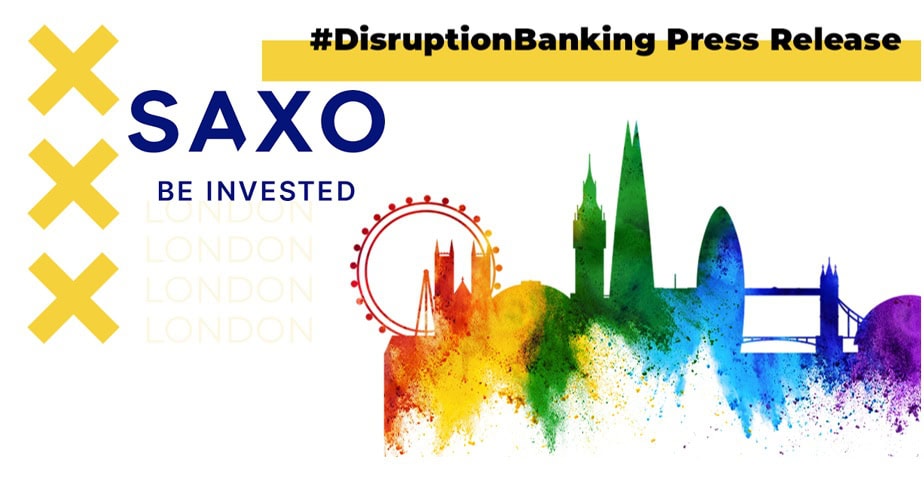Two senior Binance executives have been arrested and detained in Nigeria, as Africa’s largest economy continues to crack down on the cryptocurrency industry.
Earlier this week, a federal high court in Abuja ordered Binance to hand over information related to all the Nigerians currently using the platform. The court order comes at a time when two Binance executives are being detained in a Nigerian prison. American citizen Tigran Gambaryan, who was responsible for crypto tracking at Binance, and Nadeem Anjarwalla, a British citizen and Binance’s Head of Africa, were detained in Nigeria in February.
The authorities in Nigeria have said that the two men are being held in custody as part of a wide-ranging investigation into alleged money laundering and terrorism financing through Binance. Olayemi Cardoso, the Governor of the Nigerian central bank, said recently “in the case of Binance, in the last one year alone, $26 billion has passed through Binance Nigeria from sources and users who we cannot adequately identify.”
Binance has previously come under scrutiny in jurisdictions worldwide for turning a blind eye to illicit flows of capital related to North Korea, Russia, Iran, and terrorist groups like Hamas.
Hamas, Russia, Iran, North Korea – who will #Binance turn a blind eye to next?https://t.co/F48P16gYEf
— #DisruptionBanking (@DisruptionBank) October 20, 2023
The cryptoexchange has also faced additional challenges in Nigeria, where the country’s Securities and Exchange Commission banned an entity called “Binance Nigeria” in June last year. The SEC said that “Binance Nigeria is neither registered nor regulated by the Commission and its operations in Nigeria are therefore illegal. Any member of the investing public dealing with the entity is doing so at his/her own risk.”
However, Changpeng Zhao, the former CEO of Binance who stepped down in November after pleading guilty to money laundering offences, denied that “Binance Nigeria” was anything to do with the actual company, tweeting that it was a “scammer entity.” That said, many active in the Nigerian crypto space were sceptical that this was the case given the convenient timing of Zhao’s tweet.
Binance have issued cease & desist notice to the scammer entity "Binance Nigeria Limited".
— CZ 🔶 BNB (@cz_binance) June 18, 2023
Don't believe everything you read in the news. 🤷♂️
Clearly the case of Binance in Nigeria is unique. It is also unsurprising that regulators in Abuja are pursuing the company given that their counterparts around the world are also doing so.
However, it does appear that the Nigerian government is also cracking down on the industry more widely, with many policymakers considering cryptoexchanges such as Binance to be responsible for the fate of the Nigerian naira (NGN), which is trading near record lows against the dollar.
Many Nigerians have turned to crypto as an alternative store of value amidst this currency depreciation and rampant inflation in the country. Given the popularity of crypto – and the number of people in Nigeria buying crypto using the naira – the government has blamed the industry for the decline of its currency and used this as a justification to pursue Binance and other exchanges for alleged malpractice.
Nigeria's currency crisis: how the Naira's collapse impacts #crypto 💭 @maplesyrupsuckr reports on Nigerian authorities detaining two senior executives from #Binance📷 who had recently arrived in the country, accused of exchange rate manipulation. pic.twitter.com/CES9xrDer2
— Bitcoin.com News (@BTCTN) March 12, 2024
This represents a change in attitude amongst Nigeria’s regulators, who last year brought forward several liberalising measures after years of stringent regulation in which the official position was that cryptocurrencies were illegal. For example, in May 2023, the SEC announced that it would be offering digital exchanges the opportunity to apply for licences on a trial basis.
However, it now appears that regulators are back to approaching the crypto industry with greater severity. But given the extent to which Nigerians have adopted crypto – around 35% of adults in the country were actively trading digital assets – it is unlikely that the government’s moves against the crypto industry will damage its reputation in the eyes of Nigerians.
#Binance #Nigeria #Africa #Crypto















